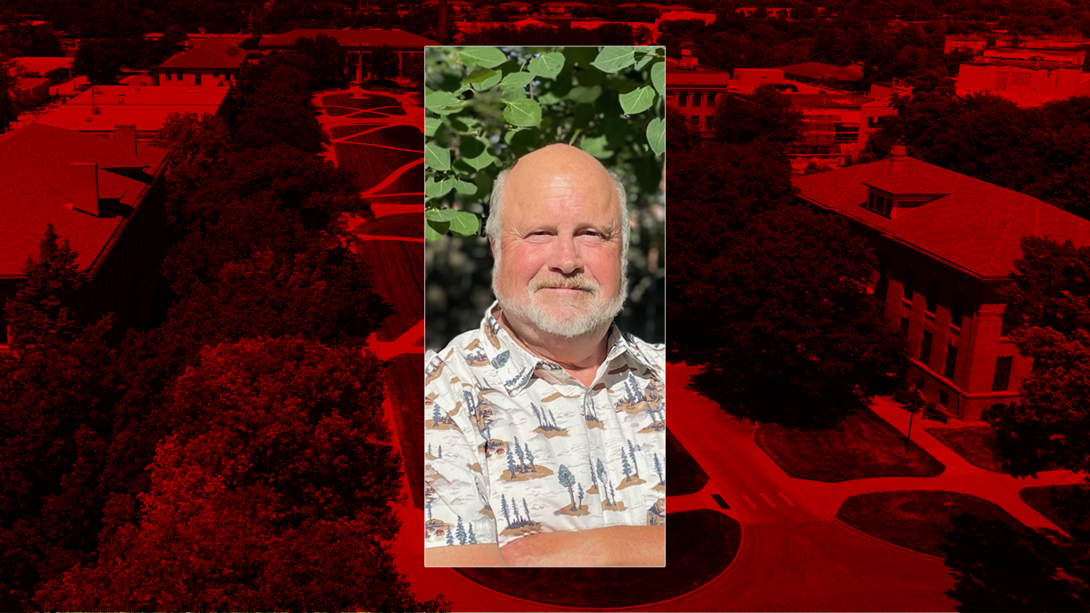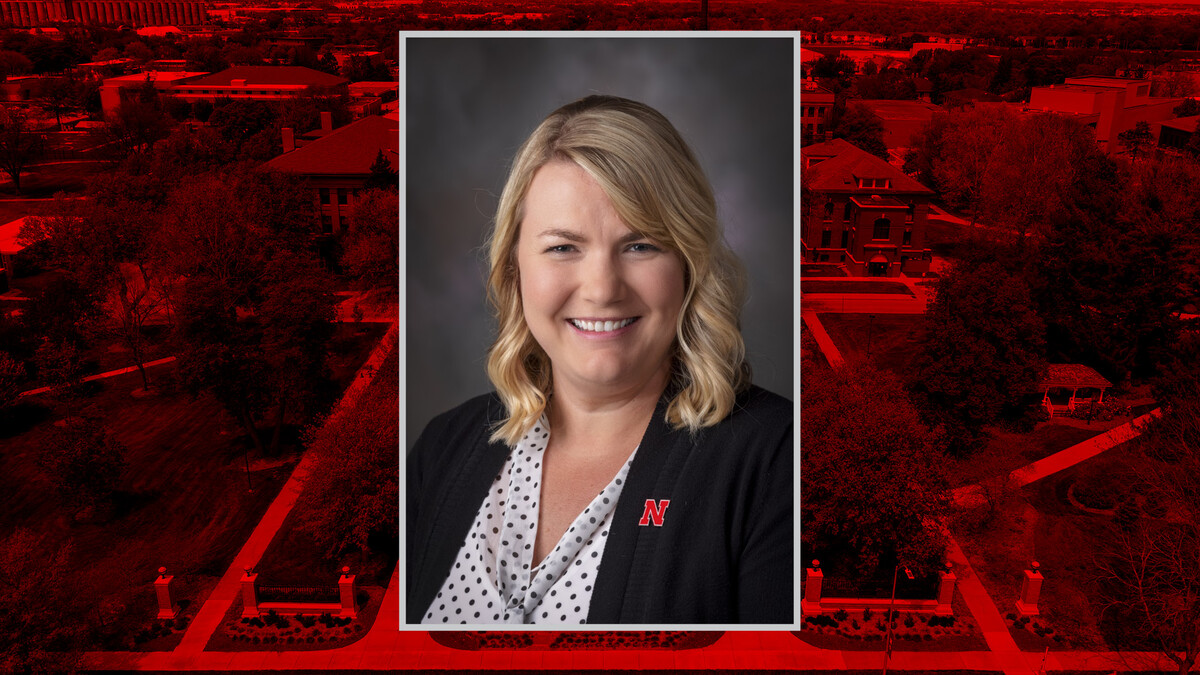
David Wedin, a professor in the School of Natural Resources at the University of Nebraska-Lincoln, has been named the director of the Center for Grassland Studies.
Founded in 1994, the Center for Grassland Studies provides focused interdisciplinary research, education, and outreach activities related to grasslands ecosystems. It is home to the Grassland Systems undergraduate degree program and hosts an annual fall seminar series and Grazing Conference, among other activities. The Center also manages two University of Nebraska grasslands, Nine-Mile Prairie and Dalbey Prairie, and assists with management of other university grasslands.
Wedin has been part of the UNL faculty since 1998. Since then, he has studied both grassland and savanna ecology, as well as carbon and nitrogen cycling, among other disciplines. He has also led a long-term study of the Nebraska Sandhills, looking at how the water, dunes, vegetation and grass cover have shifted and changed over the past several thousand years. This work is helping advance the understanding of how ecological interactions, landscape structure, climate and other factors interact to shape a landscape.
Wedin was drawn to grasslands early, an interest he inherited at least in part from his father, a range and forage agronomist.
“It’s the diversity when you look down and the horizon you look up,” he said of his interest in grasslands.
Wedin went on to study biology and history at St. Olaf College, then worked in prairie management for several years before attending graduate school in ecology at the University of Minnesota. In 1998, he joined UNL as an assistant professor, drawn in large part by the Nebraska Sandhills, one of the largest intact grassland systems in the world.
“Fifty percent of Nebraska is still grassland,” he said. “It’s phenomenally important.”
Nebraska is almost entirely privately owned, which means that much of the center’s work over the years has taken place in partnership with ranchers and other landowners. Wedin appreciates working with landowners, who are often just as knowledgeable about the plant and animal life on their land as they are about the cattle that graze it.
“I think Nebraska, better than anyplace else, sees how nature conservation and working ranchlands overlay and integrate,” he said.
The blend of preservation and management is reflected in the students in the Grassland Systems major, Wedin said. Some grow up on ranches and approach their degree from the viewpoint of a beef producer. Others come to the major because of an interest in the environment and grassland conservation. Often, he said, students from both of these backgrounds realize that their goals aren’t that different. They all think a lot about lot about stewardship. How do you control invasive species in grassland ecosystems? How are management practices like prescribed fire and rotational grazing best implemented? How does a landowner interested in prairie restoration choose the right seed mix?
“Our grassland ecosystems are critically important in Nebraska, and research, teaching and extension of the Center for Grassland Studies will only become more important over time,” said Mike Boehm, NU Vice President and Harlan Vice Chancellor for UNL’s Institute of Agriculture and Natural Resources. “Dave Wedin brings incredible knowledge, passion and leadership to his role.”
Wedin began in his new role on July 1. For more information on the Center for Grassland Studies, visit grassland.unl.edu.







